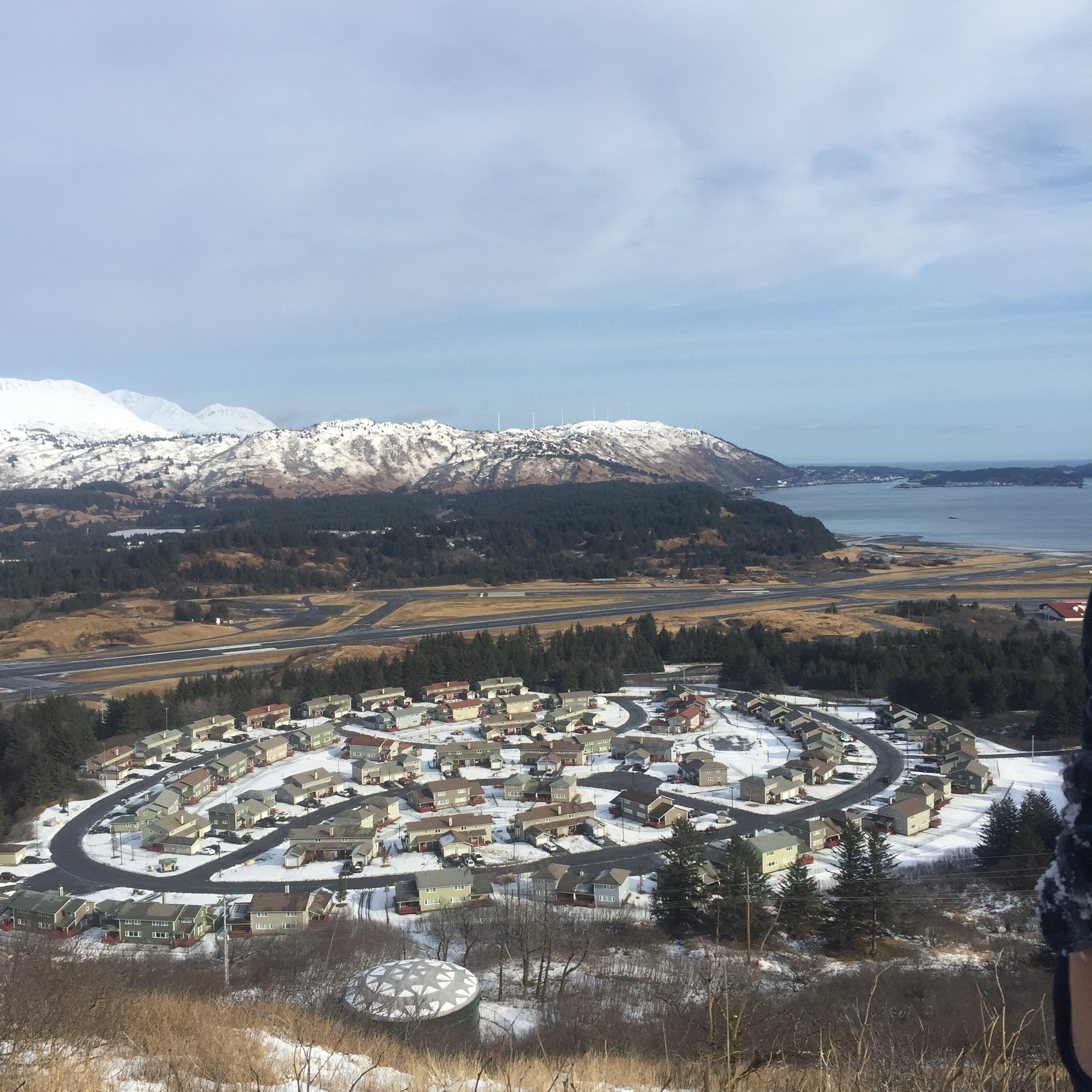COMMITTED TO
BUILDING KODIAK
Community
Identifying the need
and supporting a solution
KEDC is working to establish a community land trust (CLT) to create a permanent supply of owner-occupied homes on Kodiak Island. KEDC realizes the need to create homes that local workforce can afford and make sure these homes remain affordable from one owner to the next. KEDC has identified the need to protect - and leverage - public and private subsidies needed to create these below-market homes and is confident the CLT model satisfies the gap as a viable solution to the issue.
Though communities nationwide are experiencing a housing affordability crisis, Alaska’s housing challenges are particularly stark, exacerbated by expensive materials and labor costs, our rapidly aging housing stock and our new housing construction market isn’t keeping up with demand.
Housing is a complex issue, immune to quick fixes,
requiring both long-term planning
& creative investments.
Consequently, communities across the state are seeing the worker retention and recruitment difficulties caused by our housing shortage further slow construction, renovation, and modernization efforts. Kodiak is experiencing this, and KEDC is looking for creative solutions to address the situation.
BUILDING
A POSITIVE
SOLUTION
FUNDING AFFORDABLE HOUSING
Through a CLT
Here are some bullet points from a Center for Housing Policy brief outlying affordable housing solutions and ventures such as Community Land Trust models .
Create jobs: Investing in the development of affordable housing creates a significant number of construction-related jobs, and new residents support additional jobs in other sectors going forward.
Attract both employers and employees: Surveys and supporting research show that both employers and workers understand the importance of affordable housing in attracting and retaining a skilled workforce.
Increase consumer spending: Building affordable housing increases the buying power of both those involved in its construction and those who occupy it afterward.
Increase government revenues: The taxes and fees associated with the development of affordable housing – both during the construction and after the homes are occupied – can represent significant revenue for state and local governments.
Lower the risk of foreclosure: Affordable homeownership programs appear to produce a more sustainable path to homeownership, eliminating a number of significant foreclosure-related costs that municipalities would otherwise have to absorb.
There are virtually no negative policy implications to providing funding for affordable housing, especially that geared towards professional and middle-class ownership.

